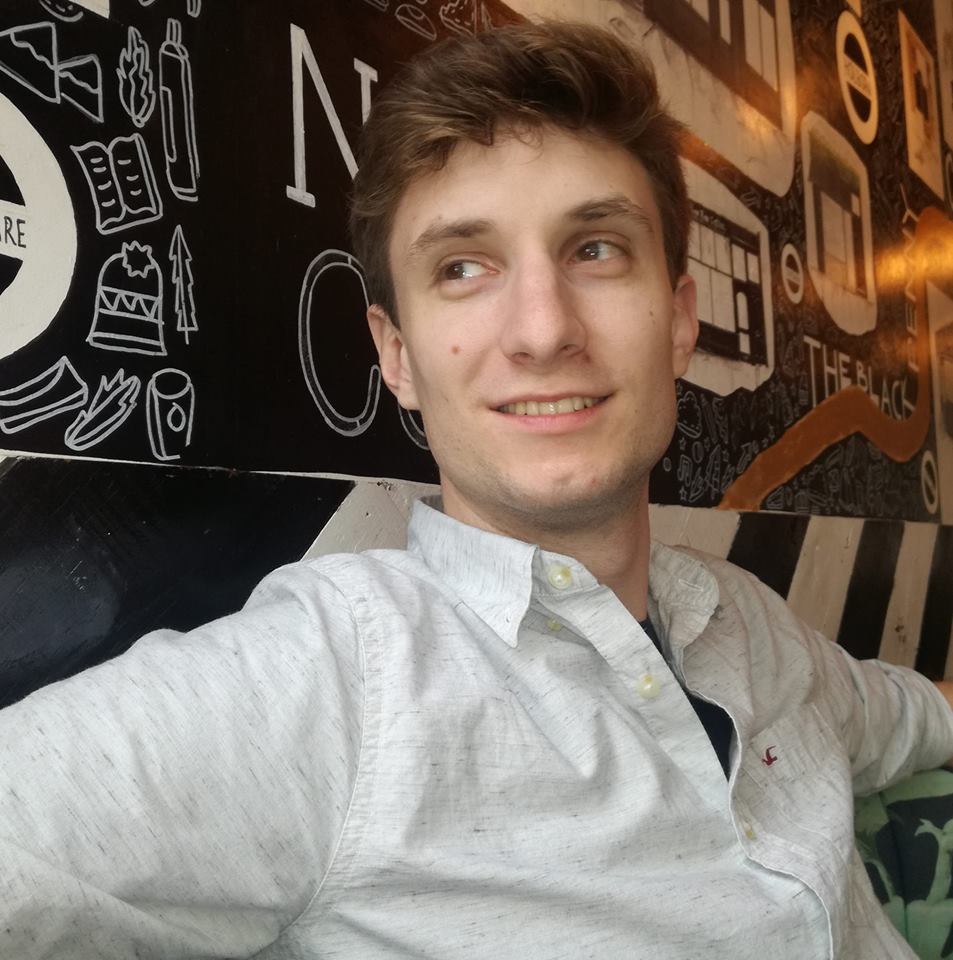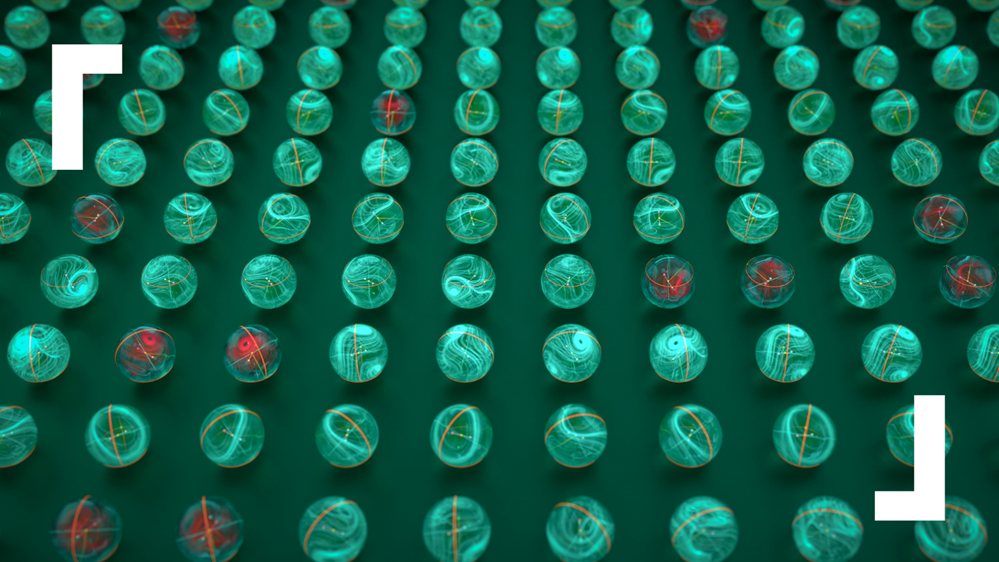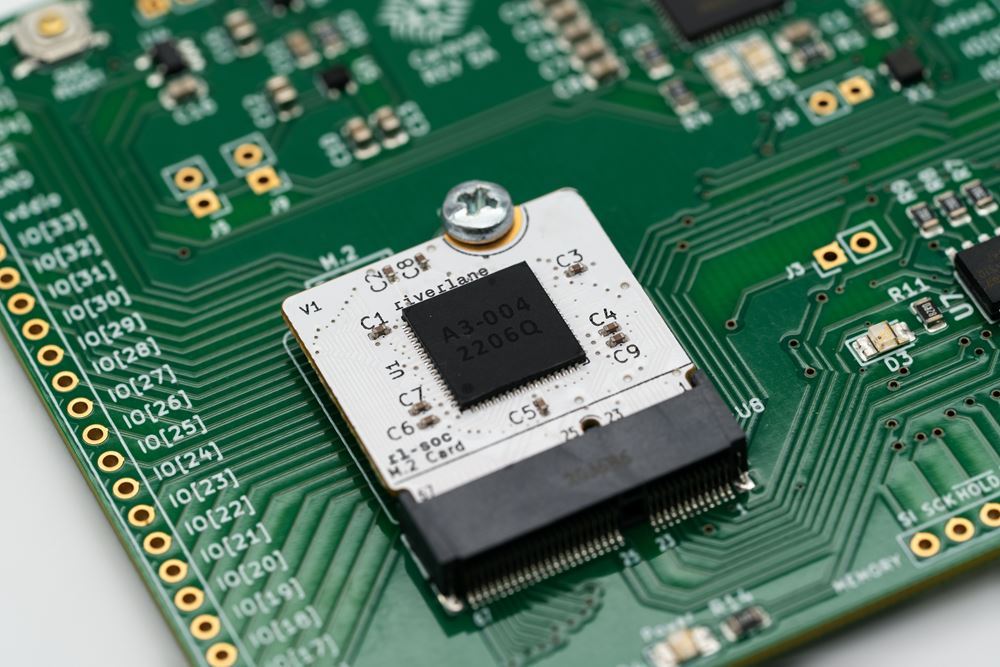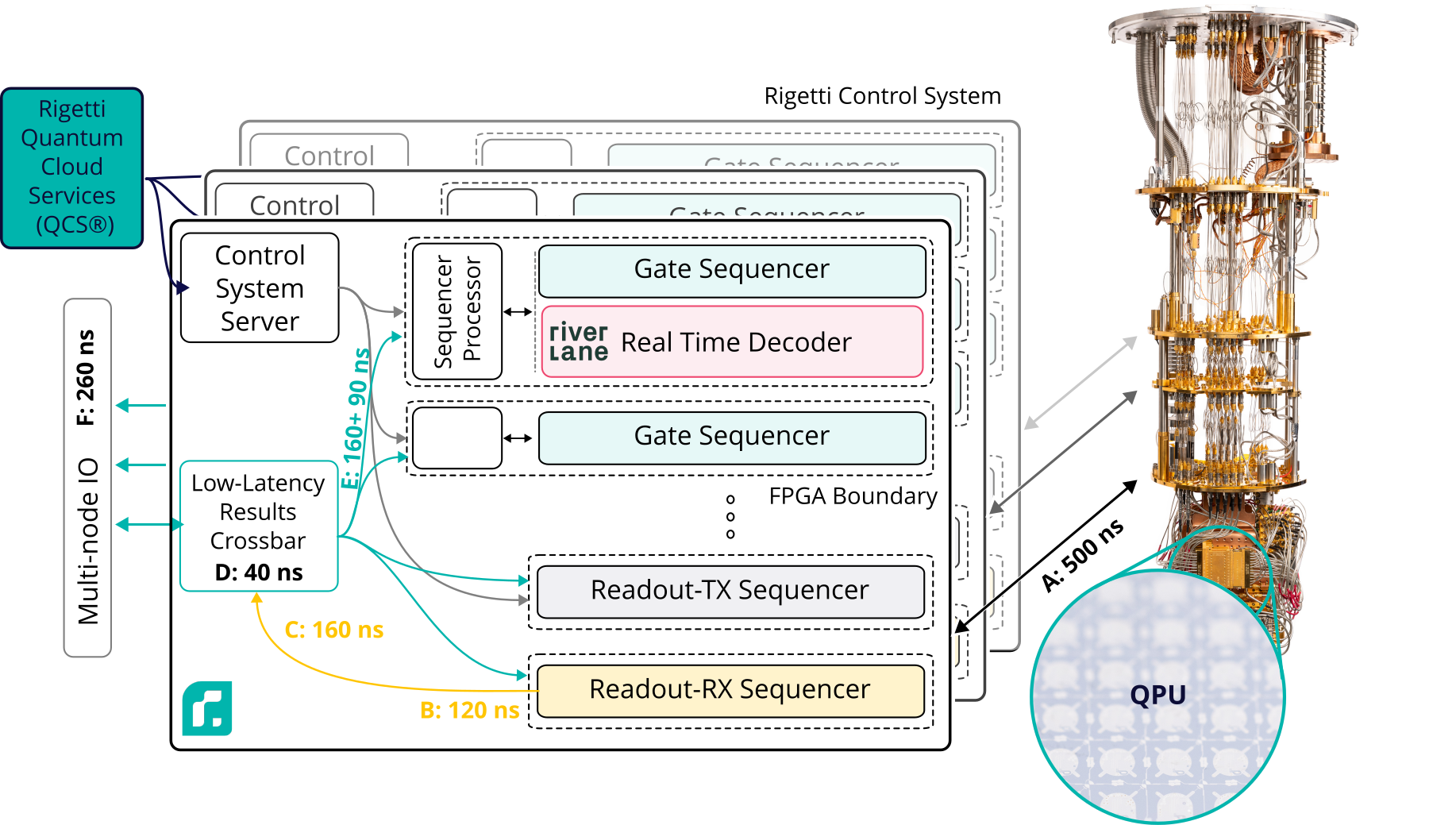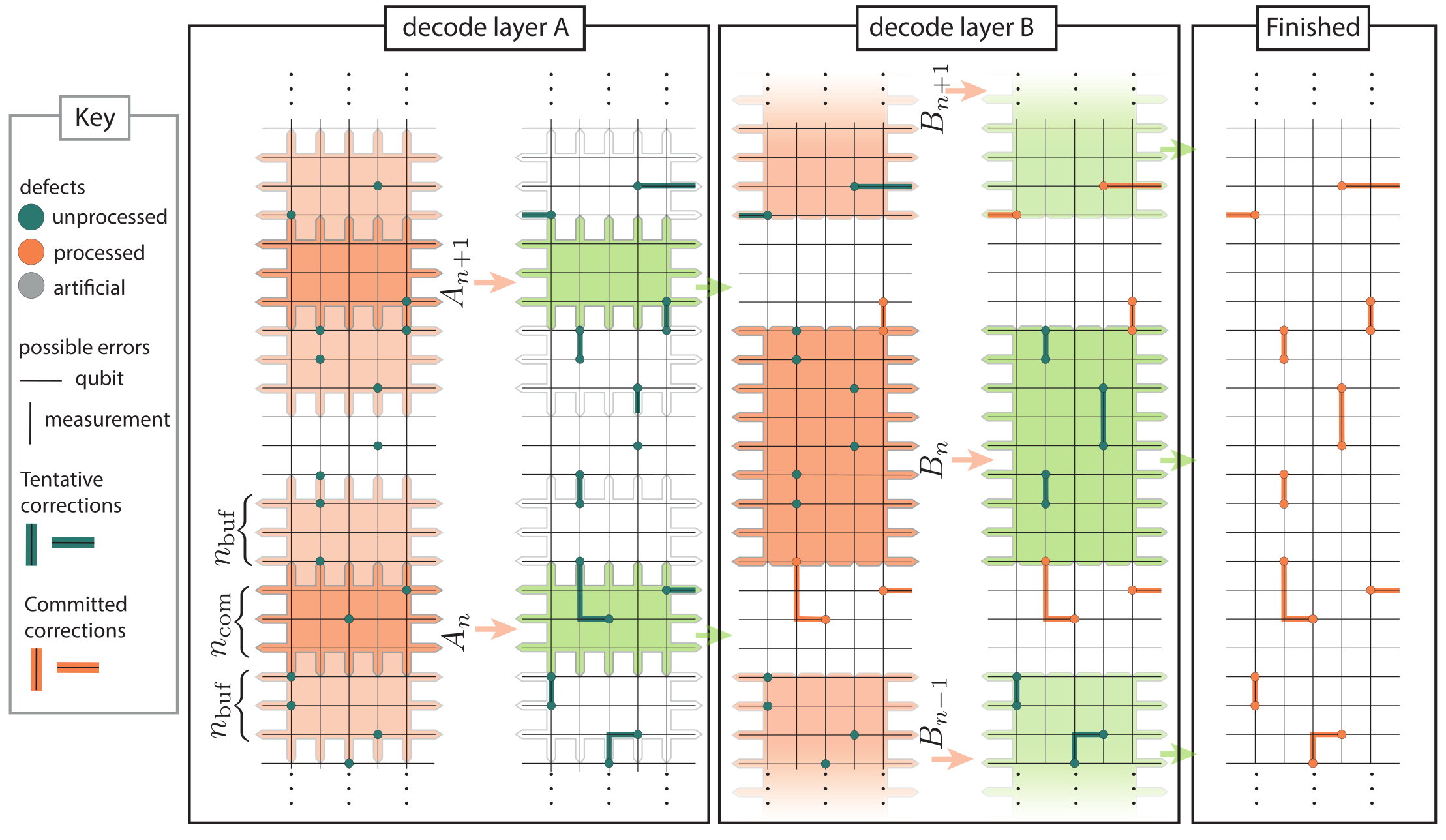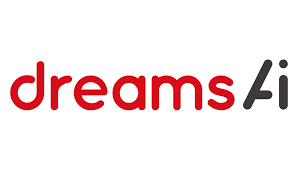During 2019, I was freelancing for the company Dreams AI as a data scientist working on machine learning projects involving Optical Character Recognition (OCR), Natural Language Processing (NLP), and low dimensional data embedding. The projects I was working on proved successful and I was invited to come to Hong Kong to take them further.
During my time in Hong Kong (from 15th March to 26th May 2020), I worked on two projects. Firstly, a system for scanning and processing receipts to automatise workflow of accounting agencies. In this project, I had an opportunity to work as a backend developer, learning how to set up APIs, best programming practices, and collaborating with frontend developers to make a webapp. However, I spent most of my time on a Speaker Verification project. The final goal was to be able to tell if the two audio tapes of people speaking are coming from the same speaker or not, to be used as a verification layer in certain web applications. There, I learned about audio processing and audio-focused machine learning models. I used a combination of convolutional and recurrent neural networks to find the level of similarity between voices in any recordings.

